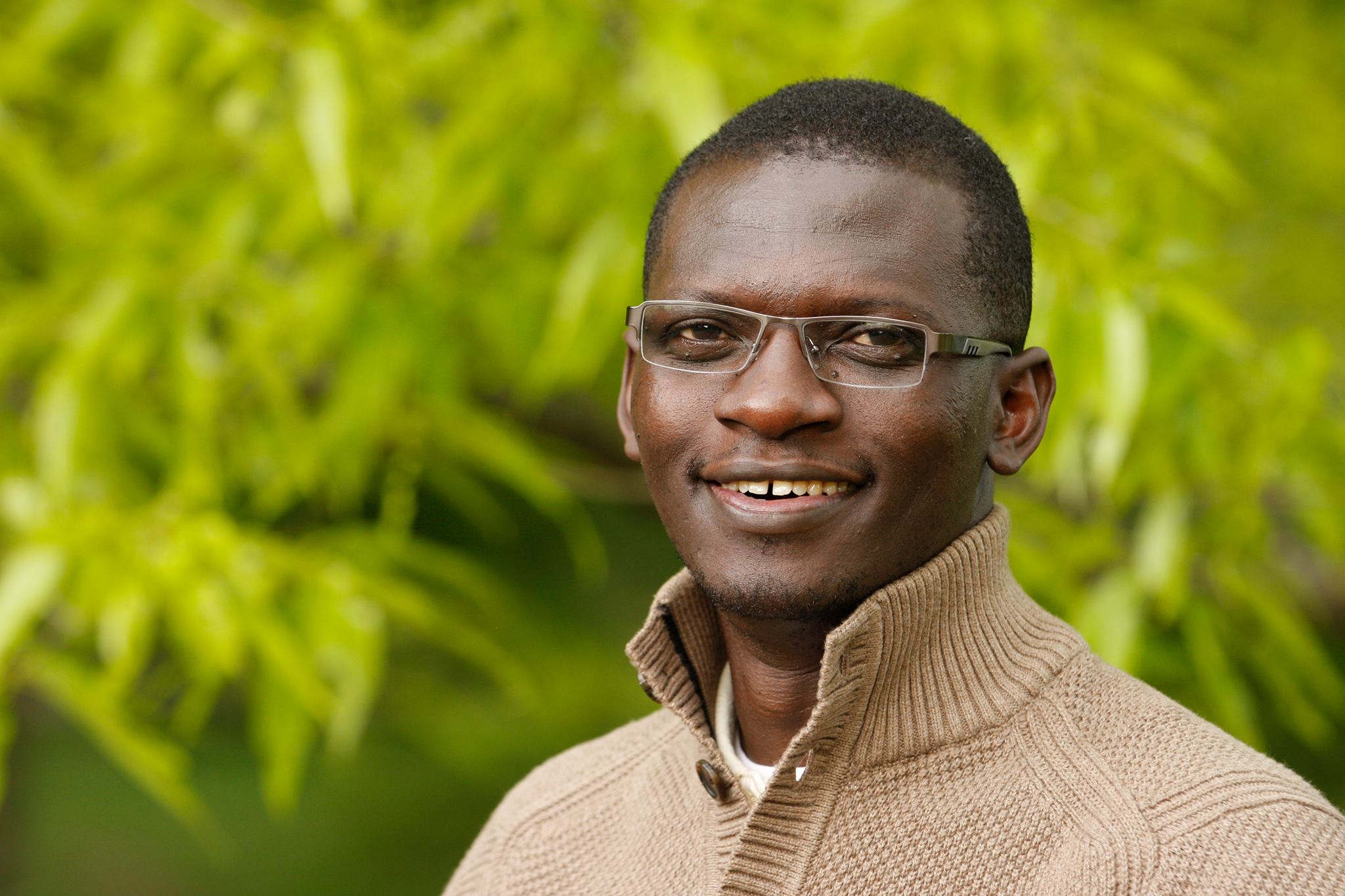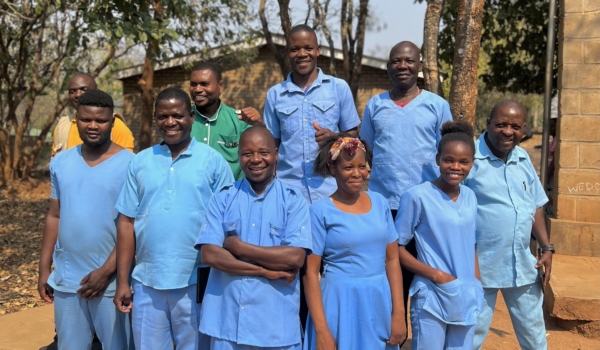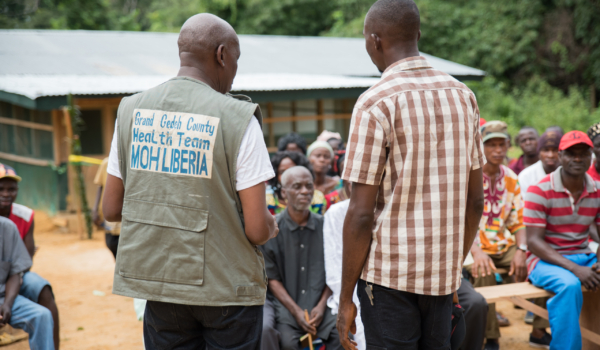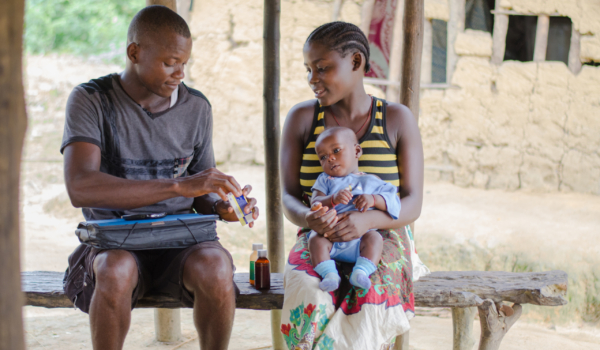This profile was written as part of a feature in our 2019 Annual Report, which showcases individuals from across all levels of the health system and the globe who play a critical role in the movement for universal health coverage – community leaders, government officials, philanthropists, clinical practitioners, policy specialists and more.
 In Uganda, where few community health initiatives have successfully scaled or been integrated into the national policy, motivated leaders like Richard Kintu are drawing on both the successes and challenges of the past to build a resilient community health system.
In Uganda, where few community health initiatives have successfully scaled or been integrated into the national policy, motivated leaders like Richard Kintu are drawing on both the successes and challenges of the past to build a resilient community health system.
“My view will always be ‘let’s not give up,’” says Richard. “Primary healthcare is the vehicle in which we will achieve universal health coverage. But strong community health systems are the backbone of primary healthcare. We can’t have one without the other. The cost is too great if we don’t reevaluate and keep moving forward.”
Richard, who is Project Director of USAID’s Integrating Community Health Program, is supporting the Ministry of Health and a consortium of partners to develop a national learning initiative that will test and package best practices on community health system design and implementation at the local level to directly inform the development of a national community health strategy. By leveraging the lessons-learned of successful frontline delivery models from the consortium of partners, the national learning initiative will be better equipped to advocate, mobilize, and engage with the government and donors to increase investments in community health systems. This initiative will inform the creation of policies aimed at strengthening community health systems performance and ultimately, scaling a national program.
Part of operationalizing and implementing a new community health strategy will include breaking down silos in the design, delivery, and funding of a new program. Whereas past initiatives have been fragmented—based on one specific disease or led by one implementing partner—the new model will be built around interventions selected and tested in tandem with community leaders and will be fully integrated into the national health system through a multi-sectoral approach.
“One of the challenges we have is that community health initiatives are fragmented in nature and not integrated into the larger healthcare system,” says Richard. “In doing so, we are missing an opportunity to leverage resources—both financial and technical.”
With Uganda’s community health program entering a critical juncture in moving from volunteer to paid cadres of community health workers, Richard and his colleagues are using the evidence generated to build political will and elevate the value of integrating community health into the national health system. Key to the success of this movement, notes Richard, will be effectively engaging leaders not only at the national level, but also at community and district levels.
“If we want our interventions to scale, we need to start aligning leaders at every level and ensure that learning is part of the policy process to better optimize adaptation,” says Richard. “We need to partner with community leaders and community-based groups to make sure we’re not just reaching people, but changing systems.”
Along with Pathfinder International, Last Mile Health is part of the consortium of implementers that have joined forces to advance integrated community health programs across seven countries. Learn more about the Integrating Community Health Program.




